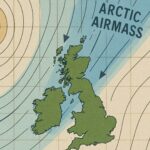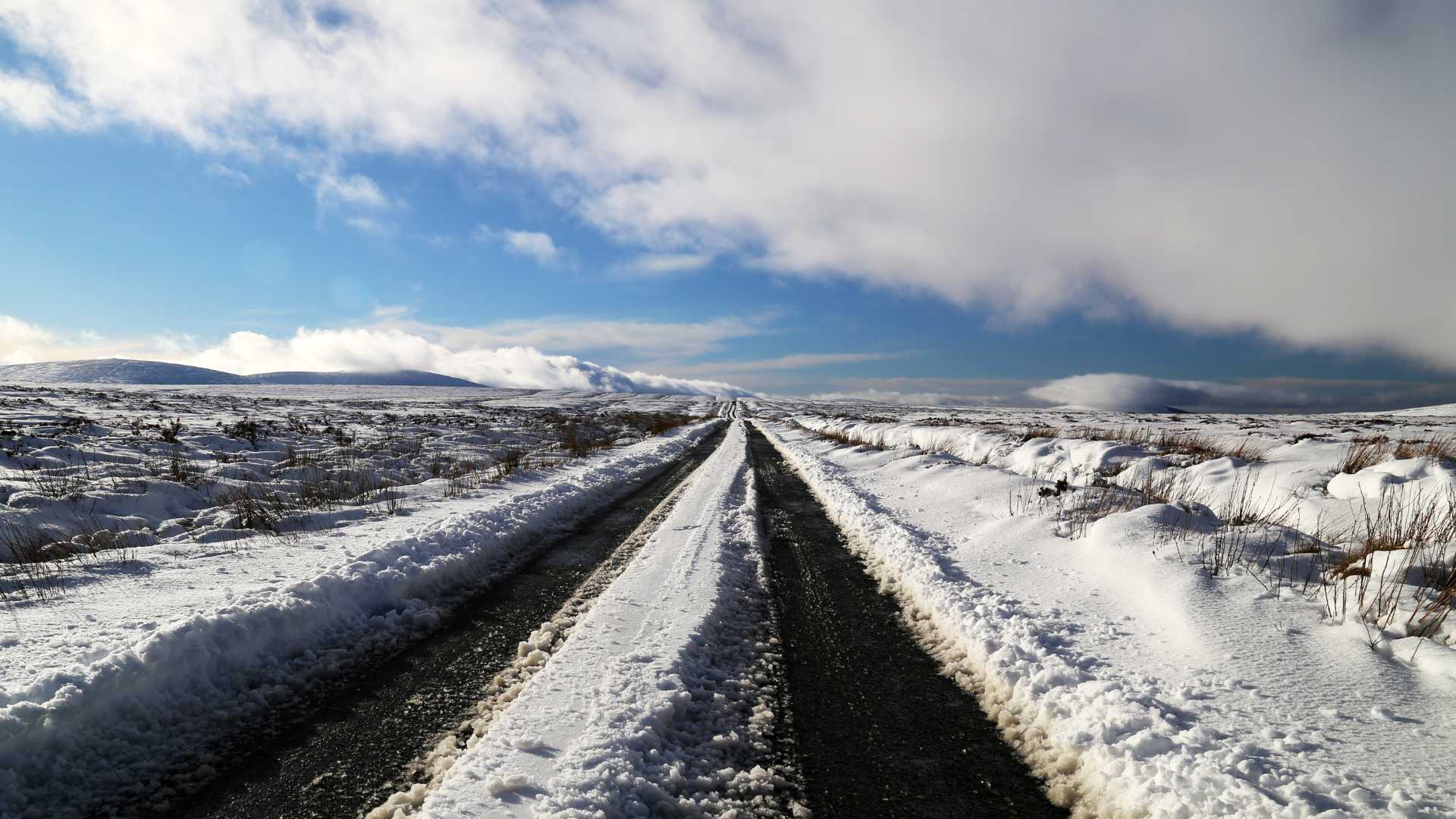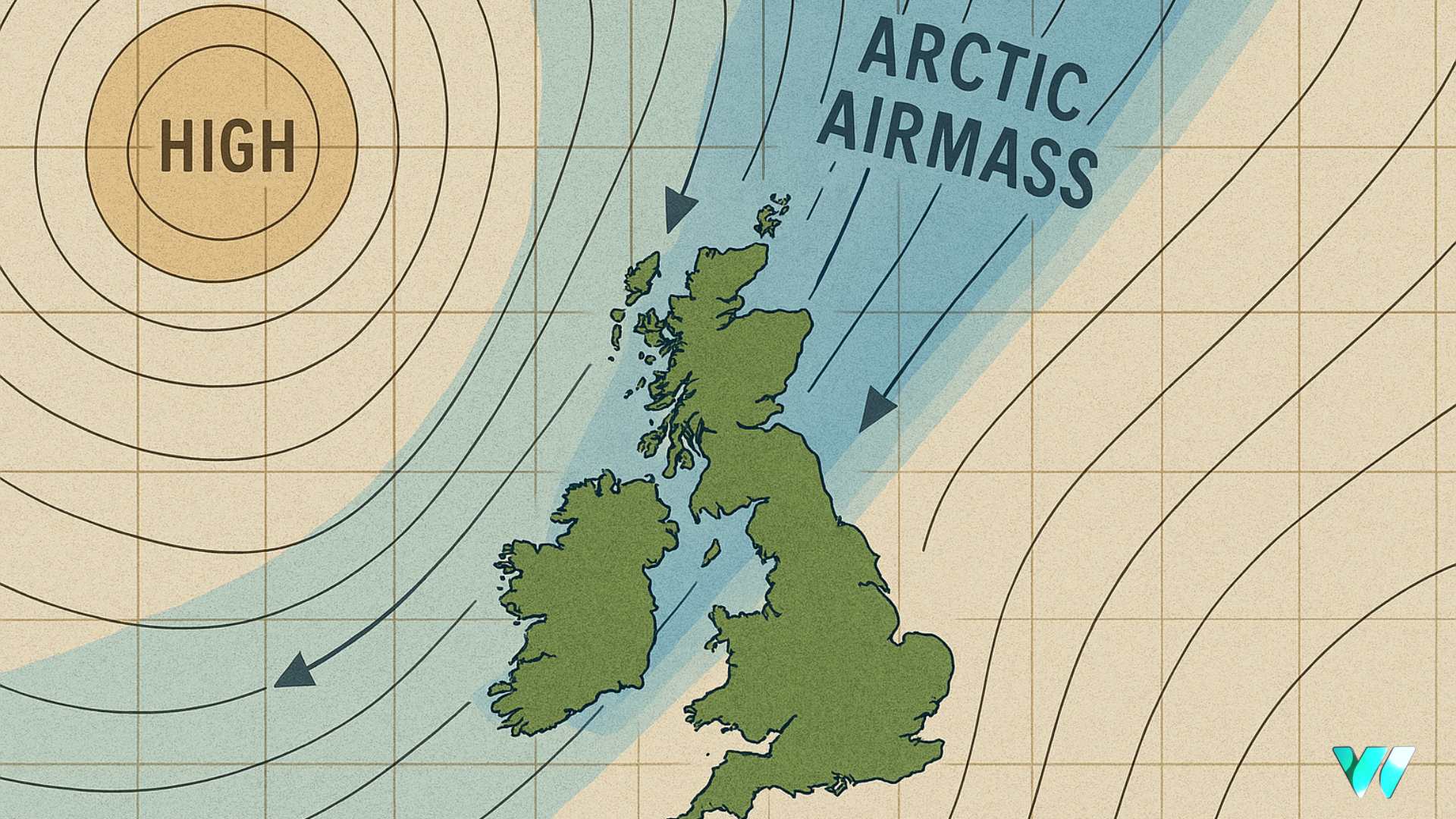
Arctic Sea-Ice Loss Could Alter Ireland’s Winter Storm Patterns
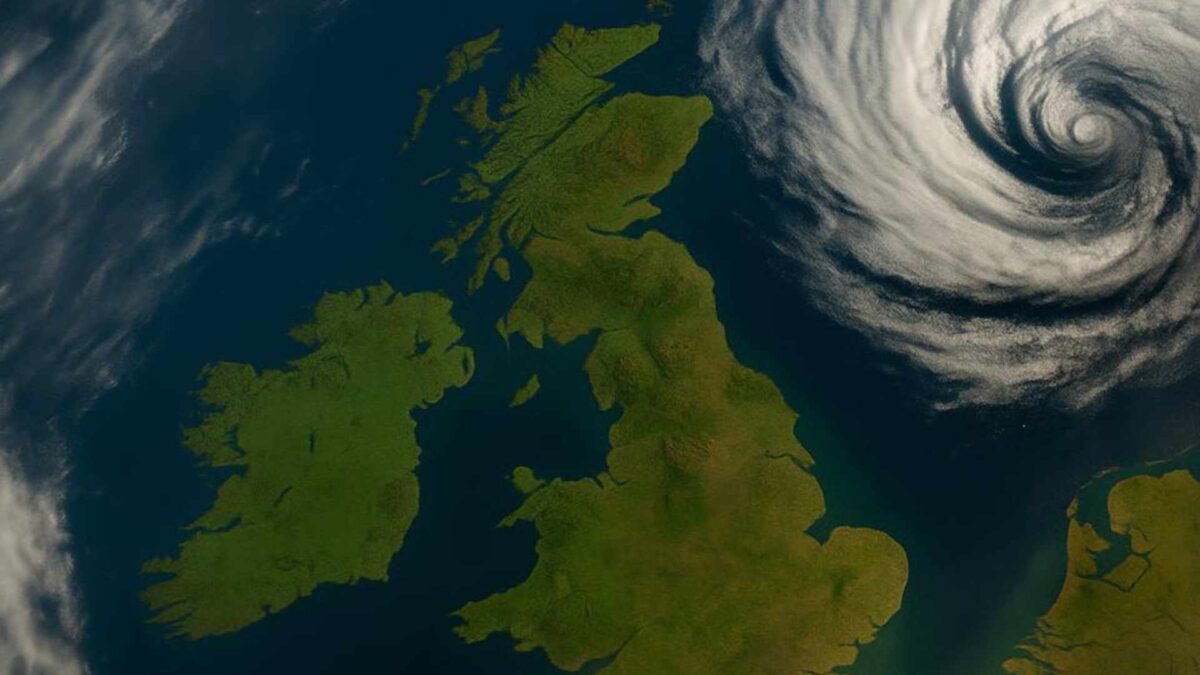
A new study led by researchers at the University of Exeter and the Met Office has found that the extent of Arctic sea-ice loss could significantly influence winter weather across Britain and Ireland.
The findings suggest that future storm patterns will depend on the balance between sea-ice decline and global warming.
The research, published in the Royal Meteorological Society’s Quarterly Journal, shows that dramatic sea-ice loss leads to faster warming in the Arctic compared to the global average. This process, known as Arctic amplification, reduces the temperature contrast between the poles and the tropics. That contrast is a key driver of the Atlantic jet stream, which steers storms across Europe.
The study found that extensive sea-ice loss could weaken and shift the jet stream southwards. This would result in slower-moving storms more frequently affecting southern Britain. In contrast, more moderate sea-ice loss could lead to stronger and more frequent storms over northern Britain and Ireland.
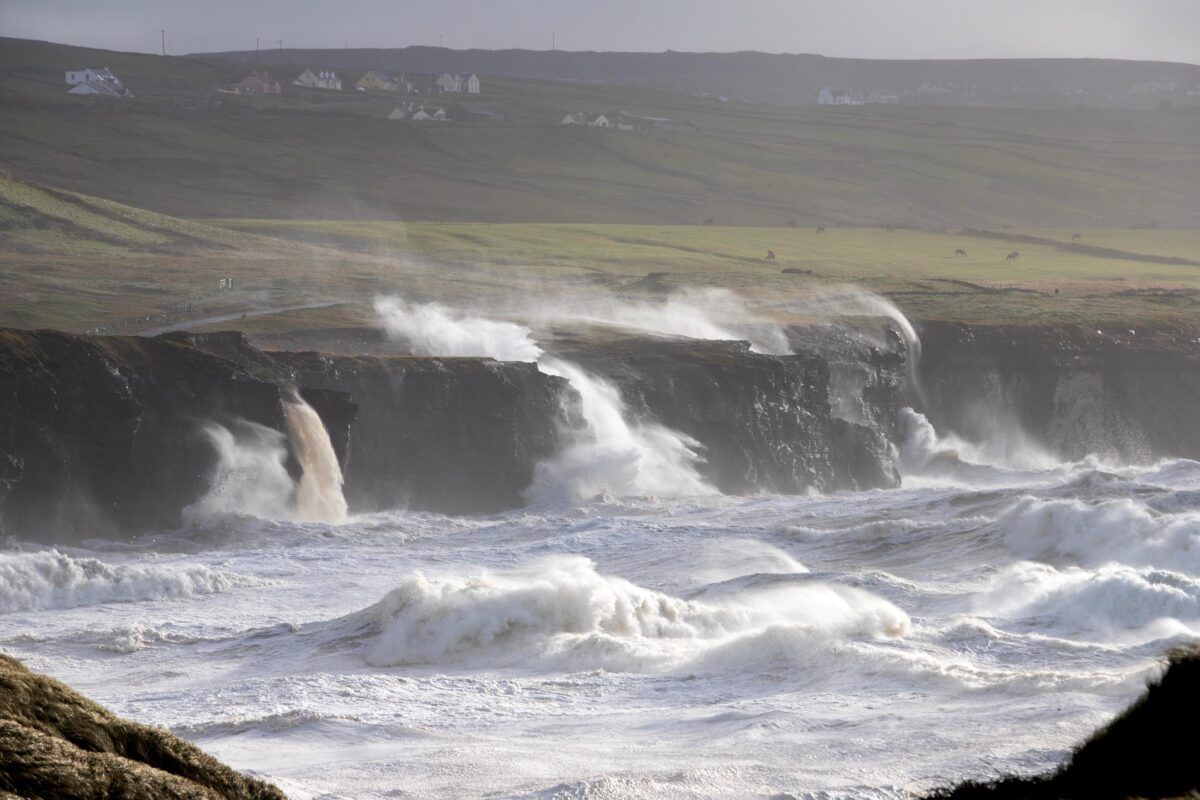
Dr Steph Hay, lead author from the University of Exeter, said the daily winter weather of Britain and Ireland is mainly driven by the Atlantic jet stream. She added that the future position and strength of the jet stream will depend on how sea-ice loss interacts with warming at lower latitudes.
Dr Ed Blockley, Arctic expert at the Met Office, said the Arctic is warming around three times faster than the global average. He noted that understanding how these changes affect weather in the British Isles is vital for long-term climate planning.
The study was supported by the UK Government’s International Science Partnerships Fund through the Advancing Arctic Capabilities programme. Researchers say the findings will help improve forecasting and inform infrastructure planning as the region adapts to a changing climate.
Share this WeathÉire story:

